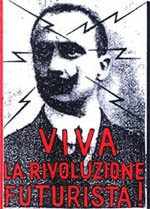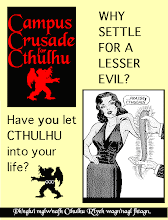I have
always been fascinated by the impact of technology on culture from Gutenberg to Twitter – and don’t forget the Gatling gun –
innovation can have far-reaching and unexpected results. Until reading the
following in David Halberstam’s book The
Fifties, I hadn’t considered how the transistor radio had freed teenagers from
parental control of the music to which they listened.
“The rock and roll revolution
rode in on the rails of technology. Disapproving parents in the 1950s might
have been in control of the family record player, but they couldn't control a
brand new marvel of technology, the portable transistor radio, which
enterprising manufacturers would sell to the newly prosperous postwar teens for
$1 down and $1 a month. Portable record players were not far behind. In fact,
the average teen had almost as much disposable income as entire families had
had only fifteen years earlier:
"[Elvis] Presley's [career] timing was nearly perfect.
The [rock and roll] crossover, led by Bill Haley, Chuck Berry, and Little
Richard, was in full force. Parents might disapprove of the beat and of their
children listening to what they knew was black music. But their disapproval only
added to Presley's popularity and made him more of a hero among the young.
Local ministers might get up in their churches (almost always well covered by
local newspapers) and attack demon rock as jungle music and threaten to lead a
crusade to have this Presley boy arrested if he dared set foot in their
community (generally, there was no problem, their towns were too small for him
to play). It did not matter: Elvis Presley and rock music were happening. In this new subculture
of rock and roll the important figures of authority were no longer mayors and
selectmen or parents; they were disc jockeys, who reaffirmed the right to
youthful independence and guided teenagers to their new rock heroes. The young
formed their own community. For the first time in American life they were
becoming a separate, defined part of the culture: As they had money, they were
a market, and as they were a market they were listened to and catered to. Elvis
was the first beneficiary. In effect, he was entering millions of American
homes on the sly ..."
Click here for colorized
The secret word is Ear










1 comment:
Yeah, most importantly, "...they were a market".
Post a Comment